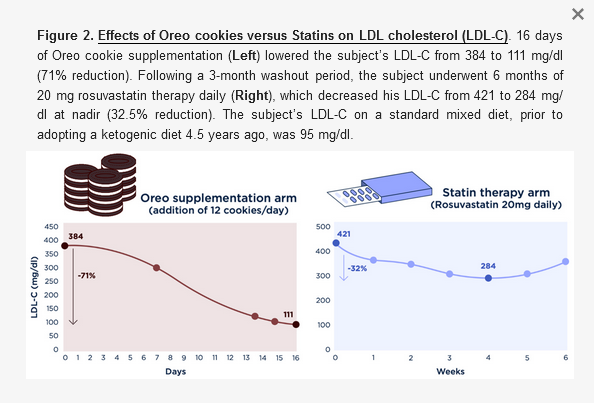Hey guys, I haven’t been here in a long time but I need some reassurance/insight.
Couple of things. I have not been truly keto or carnivore almost all year. In fact this may be the worst year in recent memory where I haven’t even tried tracking my food intake. I primarily eat the usual “keto” stuff: meat (All kinds), eggs, butter, duck fat, tallow, nuts, some dairy, and fruit every once in a while. I rarely eat carbs unless we go out. Then I won’t stop myself if I want to have a dinner roll, burger bun, or a couple beers with friends. I would say 6 out of 7 days of the week I eat very cleanly.
I do OMAD, just cause I have worked up to it and for convenience sake. There if I was to guess I normally consume around 2400-2800cal/day then. Otherwise it is just water (gallon/day), and 2 cups of coffee with some butter or heavy whipping cream in it.
I workout 6/week. Lift 3 days, Muay Thai, BJJ, or Boxing 3x/week. Golf 1-2x/week as well. I can literally go for a run, or haul stone all day in my yard in the middle of the PHX summer afternoons and be perfectly conditioned- literally no one I know can do this. My Resting HR is 50, my HRV is very good as I can go near threshold (178bpm) and drop 30-40bpm down to the 140-130s within a minute. BP is typically 120/80 or a little lower. I am 31yrs old, 6ft, 225-230lbs and sit around 12-14%bf year round.
I recently had my blood work done (roughly 10hrs fasted), and I am just a little interested on what this means? I haven’t changed the way I have been eating much year to year but my Cholesterol and LDL continues to grow.
Can anyone help me? Either with reassurance, or insights that I don’t have? I Maybe any tweeks? Thank you
My Blodword Results:
*TSH to t4
Jun 7, 2024 --13.879uIU/mL HIGH
Jan 26, 2023 --8.756uIU/mL HIGH
Jan 19, 2022 --6.305uIU/mL HIGH
*Free T4
Jun 7, 2024 --0.72ng/dL NORMAL
Jan 27, 2023 --0.91ng/dL NORMAL
*** Lipid Panel**
TOTAL CHOLESTEROL
Jun 7, 2024 --308mg/dL<200 mg/dL
Jan 26, 2023 --246mg/dL
Jan 19, 2022 --238mg/dL
HDL CHOLESTEROL
Jun 7, 2024 --63mg/dL
Jan 26, 2023 --54mg/dL
Jan 19, 2022 --57mg/dL
TRIGLYCERIDES
Jun 7, 2024 --83mg/dl
Jan 26, 2023 --74mg/dl
Jan 19, 2022 --53mg/dl
LDL CHOLESTEROL
Jun 7, 2024 --228.4mg/dLHigh
Jan 26, 2023 --77.2mg/dLHigh
Jan 19, 2022 --170.4mg/dLHigh
VLDL
Jun 7, 2024 --17mg/dL
Jan 26, 2023 --15mg/dL
Jan 19, 2022 --11mg/dL
I wanted to also get my Testosterone done but I have not gotten those results yet.
What do you guys think? Is this something I should be concerned about?
Thank you


